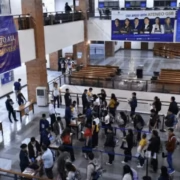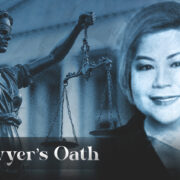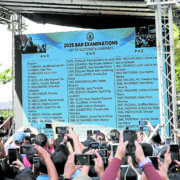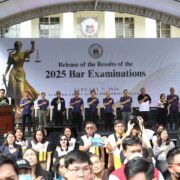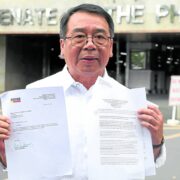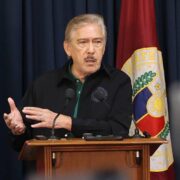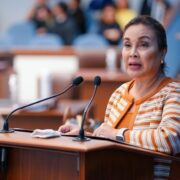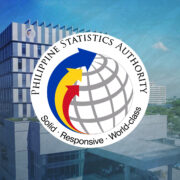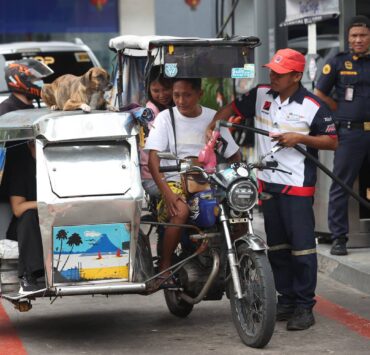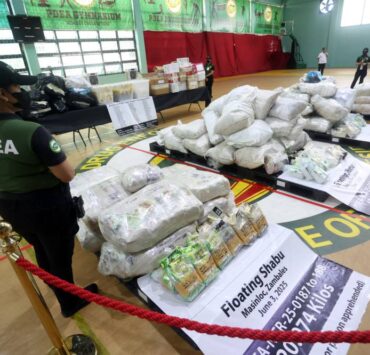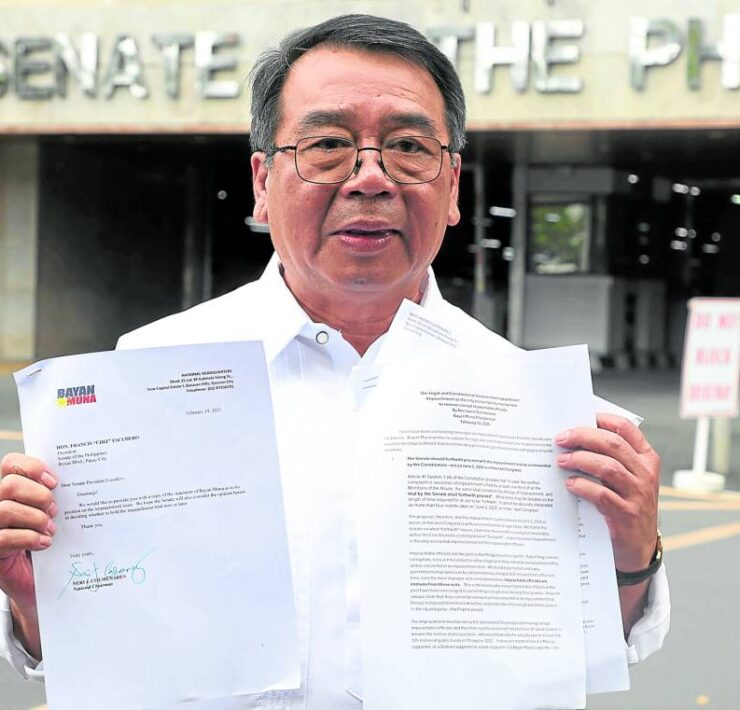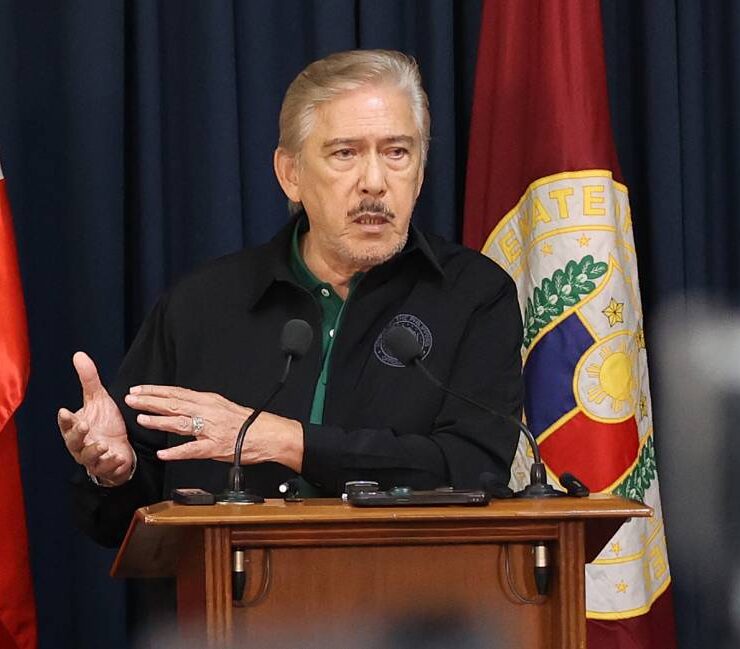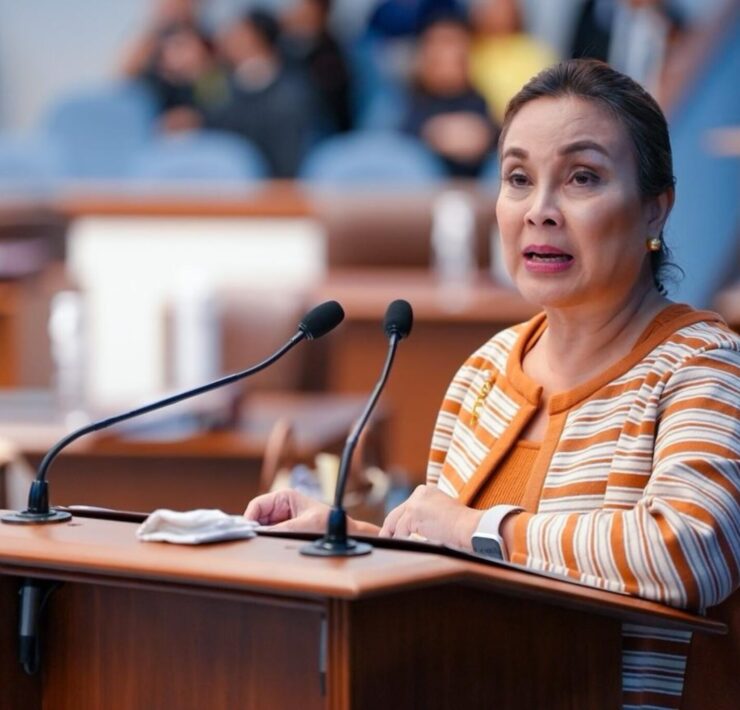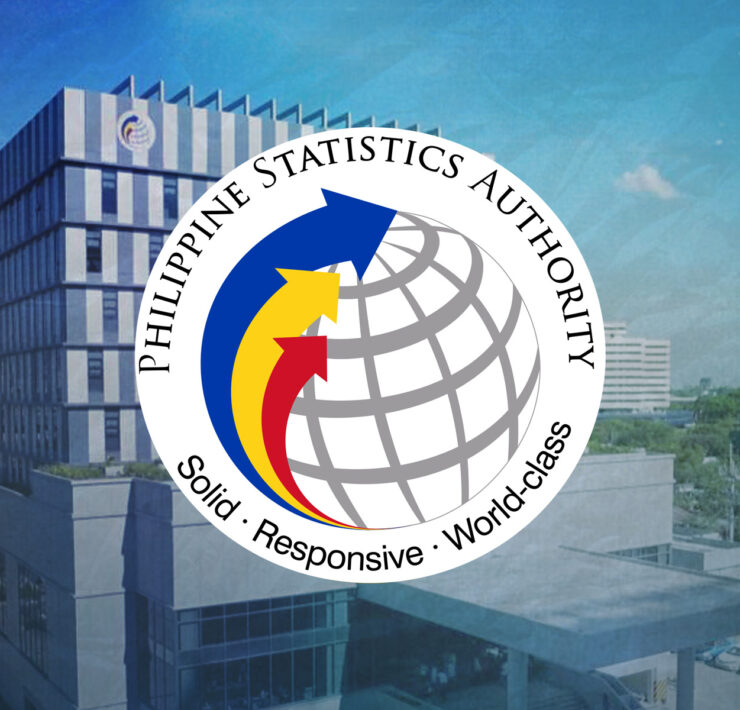Du30 rant, Honeylet rage cited to block his release
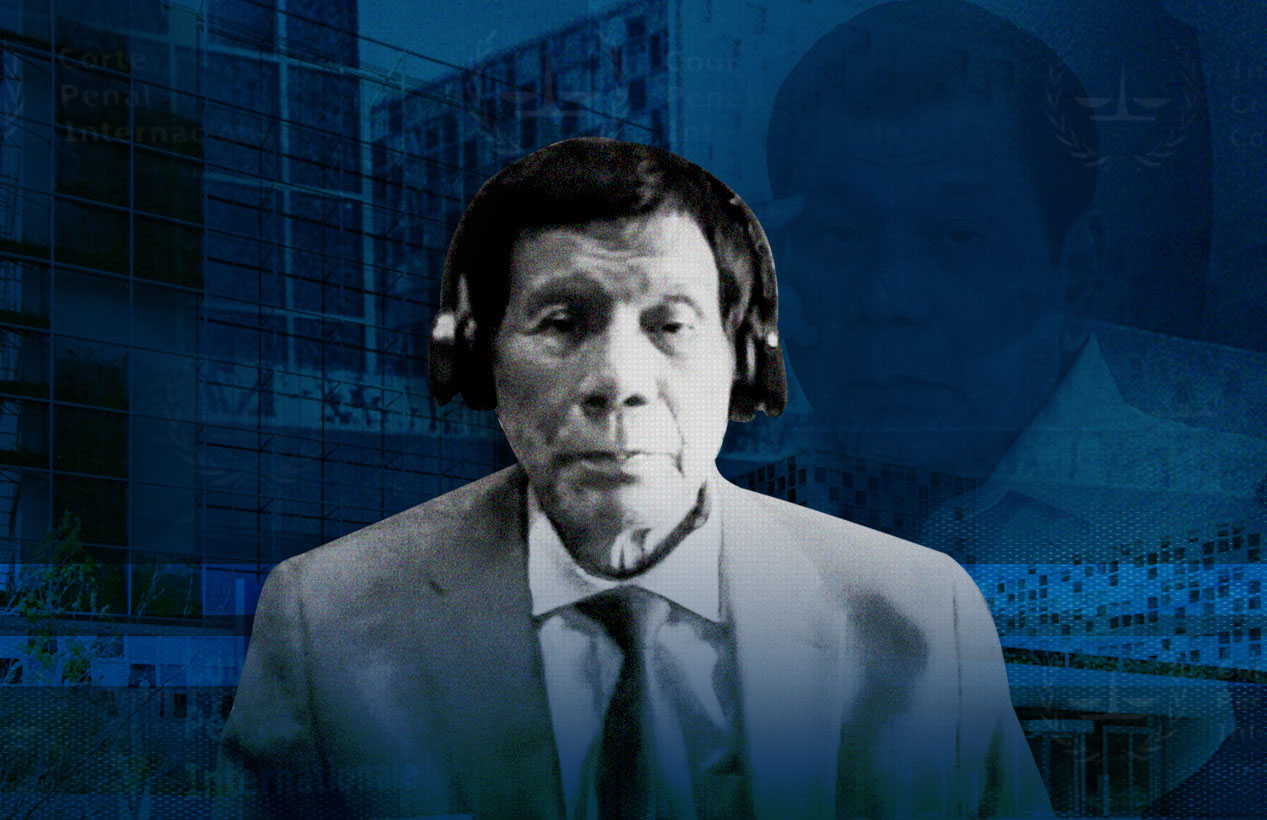
Prosecutors have asked the International Criminal Court (ICC) to reject the request of former President Rodrigo Duterte for temporary liberty, citing his earlier defiant acts and hostile statements—and that of his partner Honeylet Avanceña— as part of their arguments.
The Office of the Prosecutor (OTP) said Duterte’s behavior especially on the day of his arrest was “not consistent’’ with that of a person who would keep his word and reappear for trial once released to a country other than the Philippines and the Netherlands, ICC’s host state.
“Mr. Duterte does not accept the legitimacy of the legal proceedings he is subject to before the court. This is demonstrated by his resistance to his arrest and the claims of his counsel and family that he was kidnapped [or] abducted by the court,” the OTP said in a June 23 filing signed by Deputy Prosecutor Mame Mandiaye Niang.
The 15-page document, submitted to the ICC Pre-Trial Chamber I, was in response to the urgent request for interim release filed June 12 by Duterte’s defense team, citing his advanced age.
Duterte, 80, is facing charges for the crime against humanity of murder over the thousands killed by his antidrug crackdown from his years as Davao City mayor up to the first half of his presidency.
He has been held at an ICC detention facility in The Hague since his arrest in Manila in March, with his second hearing set for Sept. 23. The confirmation of charges hearing determines if there is sufficient evidence to proceed to trial.
The OTP recalled how Duterte once taunted authorities, saying they would “just have to kill [him],” before being forced to board the private jet that brought him to The Hague.
He also warned that there would be a “shootout” and he would “finish those sons of bitches,” referring to ICC personnel, the OTP added.
“Mr. Duterte’s proclamations … (are) not consistent with the behavior of an individual committed to returning for his appearance at trial and casts doubt on his recently stated ‘commitment,’” it said.
The prosecution also cited news reports of how Avanceña assaulted police officers during Duterte’s arrest at the Villamor Air Base VIP lounge, as well as the remarks of lead defense counsel Nicholas Kaufman that his client’s arrest was a “political hit job.”
“A member of Duterte’s family also exhibited physical acts of violence in resistance to his arrest and transfer. Mr. Duterte’s common-law wife Honeylet Avanceña reportedly assaulted a police officer by hitting her on the head with a cell phone, which resulted in injuries to the officer,” it said.
Still in power in PH
“His continued detention is therefore necessary to ensure his appearance at trial pursuant to Article 58(1)(b)(i) of the [Rome] Statute,” the OTP said. Article 58 of the Rome Statute, the treaty that established the ICC, states that “the arrest of the person appears necessary … to ensure the person’s appearance at trial.”
Contrary to the assertions of the defense, the prosecution said, Duterte and his family continue to hold positions of power in the Philippines, starting with his daughter, Vice President Sara Duterte, who had repeatedly denounced her father’s arrest as “illegitimate.”
The Vice President is also “a reserve colonel in the Army with strong links to the police and military,” it said.
“Mr. Duterte has maintained a network of support from powerful individuals within the Philippines. Further, many of Mr. Duterte’s associates—including his family member—remain in positions of power with access to powerful domestic networks,” it noted.
“This considerable power is evident from Mr. Duterte’s recent election as mayor of Davao City, which he won with overwhelming support,” the OTP said.
‘Real, subtantial harm’
And with this kind of influence, Duterte’s release could “risk bringing real and substantial harm to the legitimate interests of victims and witnesses,” it added.
The prosecution also said the supposed conditions for Duterte’s release as proposed by his lawyers “cannot be practically or appropriately implemented” by the still-unnamed host country where he might stay.
That country, whose name was redacted in the defense pleading, would therefore fail to “mitigate the risks” of having Duterte freed.
In the request for interim release, lead defense counsel Kaufman said the OTP had “confirmed its non-opposition to interim release to [redacted] state party on the understanding that the terms and conditions set out … would be met.”
‘No agreement’
Kaufman said this had been the agreement since Chief Prosecutor Karim Khan took a voluntary leave starting May 16.
But according to the OTP, “No agreement whatsoever was reached on conditions of interim release to any country other than [redacted]. For absolute clarity, the prosecution has not agreed in any way to conditions for interim release to [redacted], or anywhere else in the world other than [redacted].”

